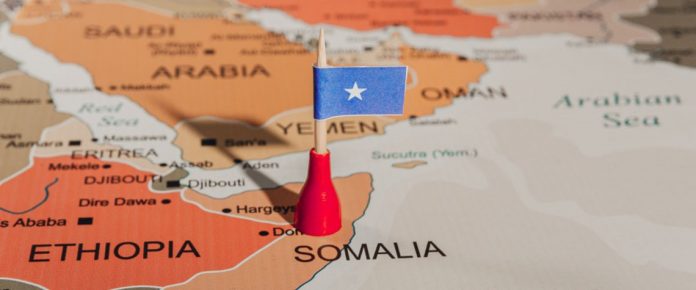Somalia is one of the world’s last major untapped oil reserves. It previously drew the attention of IOCs such as ExxonMobil, BP, Shell, Chevron, Eni of Italy, and US superindie ConocoPhillips, all of which had large concession agreements in place prior to the 30-year civil war that halted exploration. Now that oil prices have risen and positive legal and regulatory developments have occurred, Somalia is hoping to exploit its large, promising offshore reserves.
The security situation in Somalia remains a concern, but the situation offshore has improved, with no piracy incidents reported in the UN secretary-report general’s for the year ending 31 October 2021. For the past 15 years, the African Union Mission in Somalia (Amisom) has aided the Somali government in its fight against al-Shabaab militants, with great success. The mandate of Amisom came to an end recently, but it will be replaced by a new mission in which Somali security forces will play a larger role.
Rich oil and gas reserves have recently been discovered in neighboring east African countries such as Uganda, Tanzania, Kenya, and Mozambique, and Somalia’s geological characteristics are similar to those of its three eastern African coast neighbors. It’s also close to the oil-rich Gulf states of the Middle East. According to Spectrum Geo of Oslo, which conducted a seismic study of Somalia’s offshore basins in 2014-15, the country’s offshore basins may contain at least 30 billion barrels of oil.
Legal and regulatory framework
Since the re-establishment of the central government in 2012, Somalia has put in place all of the necessary legal frameworks to attract international investors. This was accomplished with the help of reputable international institutions such as the World Bank, the International Monetary Fund, and the African Development Bank, all of which ensured compliance with global best practices
The Somali Petroleum Authority (SPA), a public body tasked with regulating the industry and attracting investors to conduct exploration in the country, was established by the 2020 petroleum law. To oversee petroleum exploration and development, it includes representatives from the federal government and regional member states.
Somalia approved a model production-sharing agreement as part of the petroleum law, which establishes the rules for international companies operating in the country. Investors can sign a three-year exploration license that can be extended if necessary. They submit a production program to the SPA if they make a discovery. Investors share oil revenues with the federal and state governments after recovering development and operating costs.
The federal and state governments signed a revenue-sharing agreement (RSA) in 2018, under which revenues from petroleum operations, as well as all associated taxes, are shared in fixed proportions among the federal, regional, and local governments. According to the RSA, ExxonMobil and Shell will share a legacy payment of $1.7 million for 30 years of surface rental in 2020. This was a significant demonstration of Somalia’s commitment to transparency and the honoring of concession agreements signed prior to the civil war in order to ensure long-term investor commitment.
While many of the world’s largest oil and gas companies are increasingly committing to the energy transition, new field development investment is still necessary to ensure global energy security, especially given the recent surge in international oil prices to over $100 per barrel. Somalia is well-positioned to become another exploration hotspot, thanks to encouraging seismic data, a well-established petroleum authority, and a determination to develop a thriving industry for the benefit of its people.

